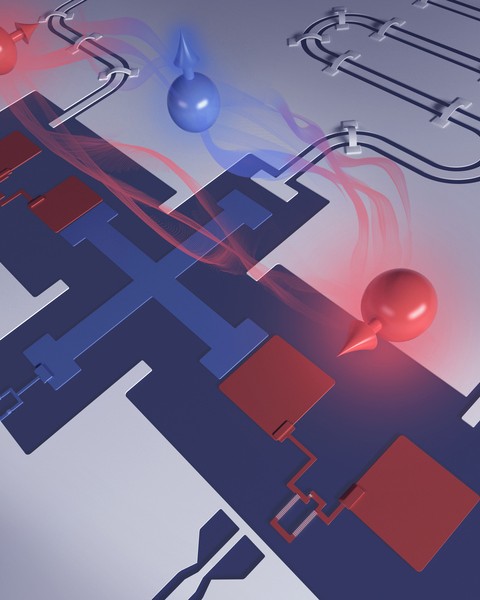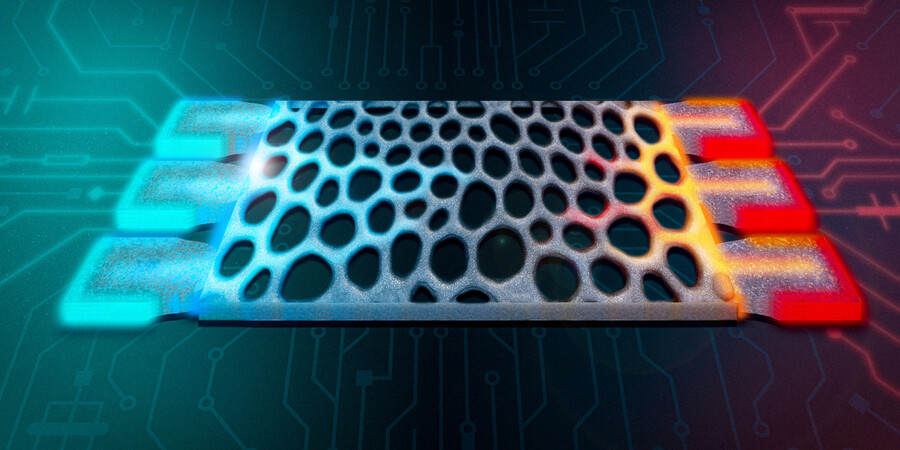September 25, 2023
In the future, quantum computers may be able to solve problems that are far too complex for today’s most powerful supercomputers. To realize this promise, quantum versions of error correction codes must be able to account for computational errors faster than they occur.
However, today’s quantum computers are not yet robust enough to realize such error correction at commercially relevant scales.
On the way to overcoming this roadblock, MIT researchers demonstrated a novel superconducting qubit architecture that can perform operations between qubits — the building blocks of a quantum computer — with much greater accuracy than scientists have previously been able to achieve.
They utilize a relatively new type of superconducting qubit, known as fluxonium, which can have a lifespan that is much longer than more commonly used superconducting qubits.
Their architecture involves a special coupling element between two fluxonium qubits that enables them to perform logical operations, known as gates, in a highly accurate manner. It suppresses a type of unwanted background interaction that can introduce errors into quantum operations.
Complete article from MIT News.
Explore
MIT Engineers Design Structures that Compute with Heat
Adam Zewe | MIT News
By leveraging excess heat instead of electricity, microscopic silicon structures could enable more energy-efficient thermal sensing and signal processing.
Efficient cooling method could enable chip-based trapped-ion quantum computers
Adam Zewe | MIT News
New technique could improve the scalability of trapped-ion quantum computers, an essential step toward making them practically useful.
What Makes a Good Proton Conductor?
Zach Winn | MIT News
MIT researchers found a way to predict how efficiently materials can transport protons in clean energy devices and other advanced technologies.




